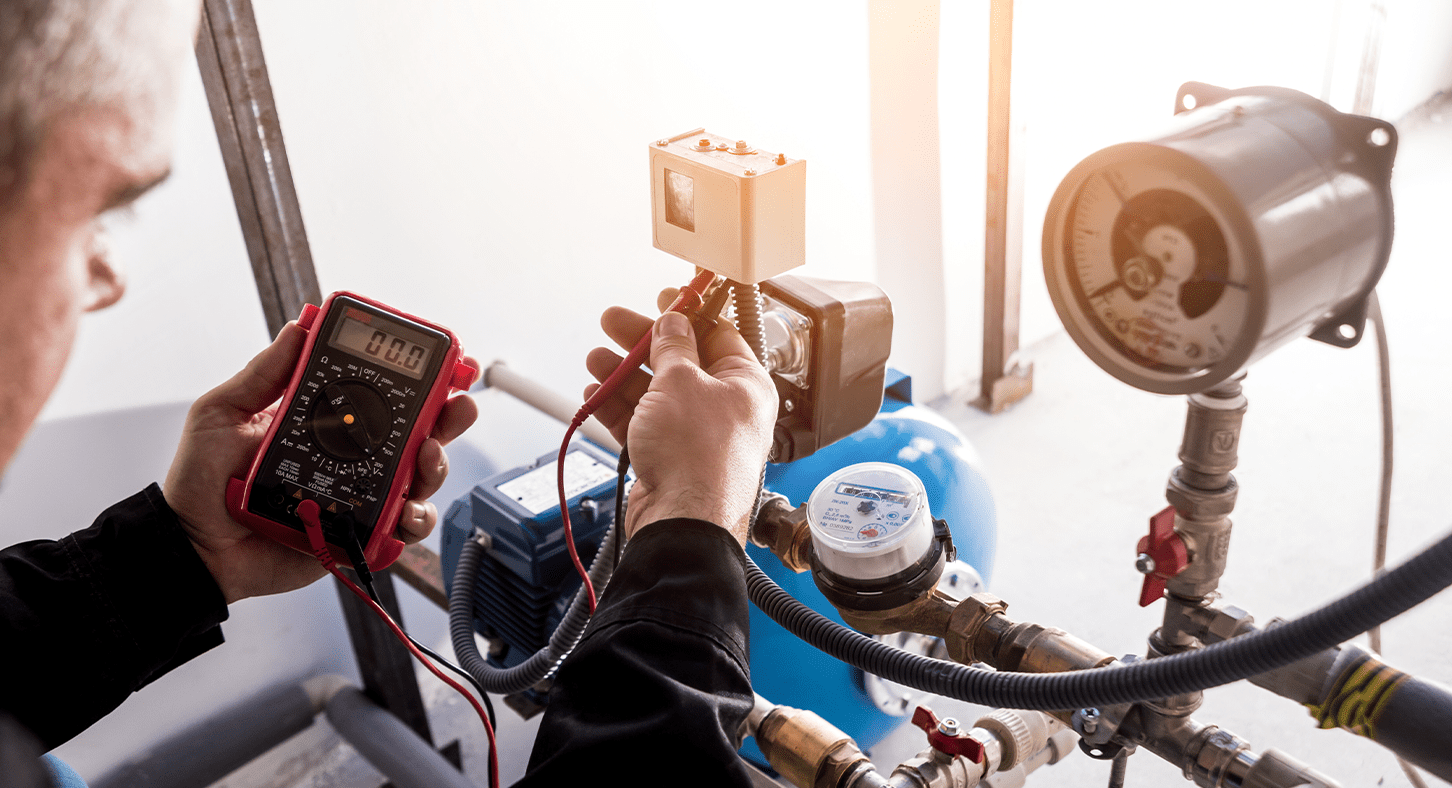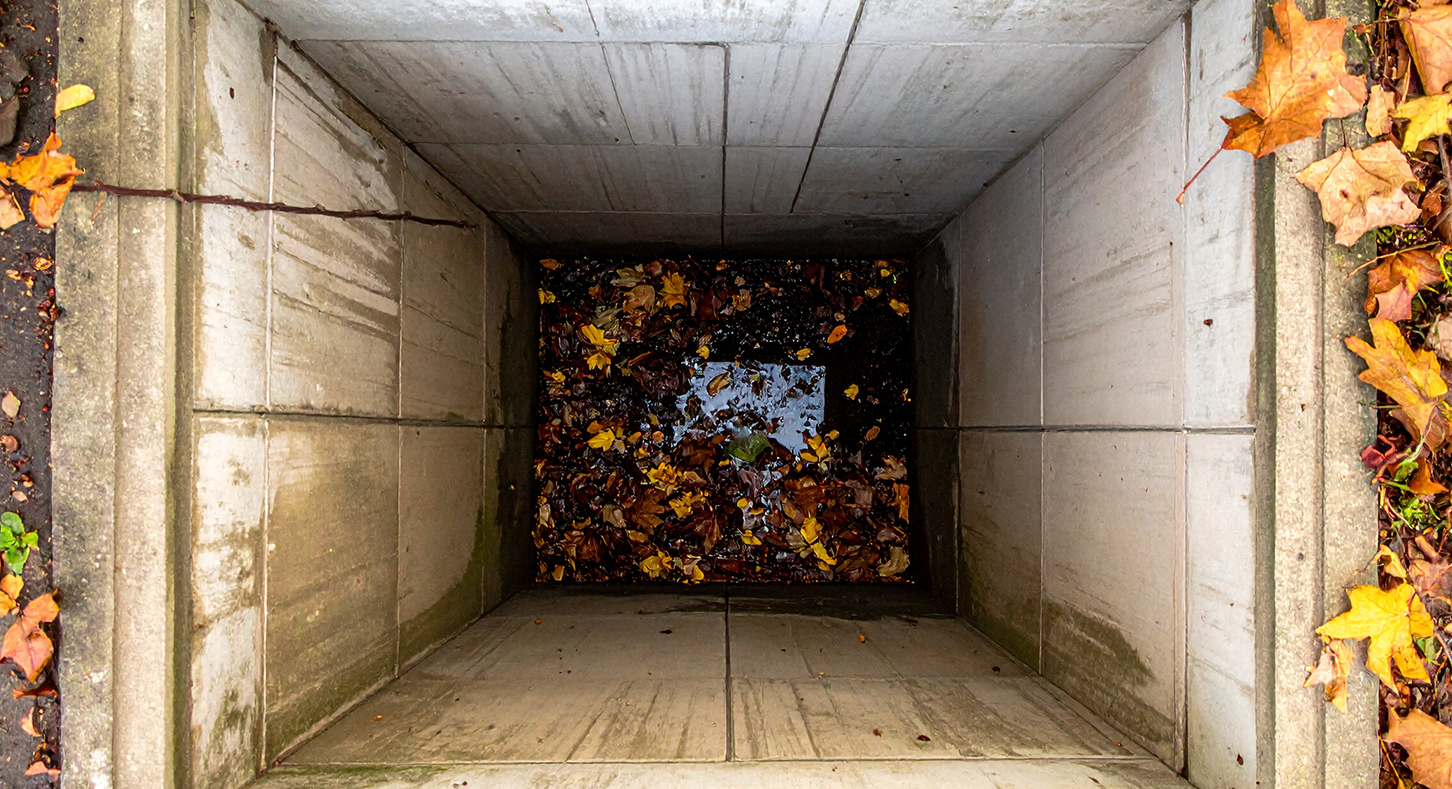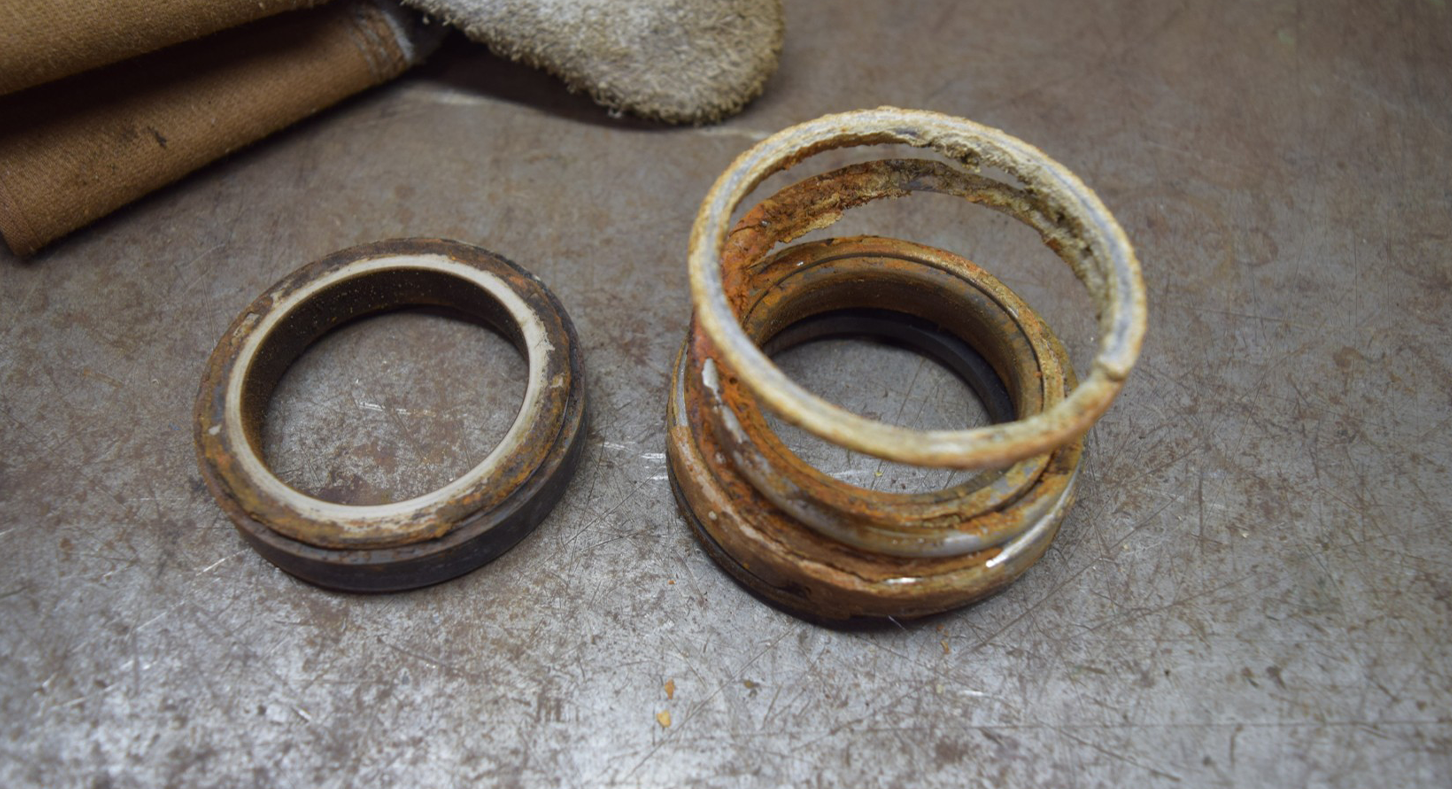Seasonal Pump System Preparedness: Why Fall is the Critical Window

How to start saving money
Lorem ipsum dolor sit amet, consectetur adipiscing elit lobortis arcu enim urna adipiscing praesent velit viverra sit semper lorem eu cursus vel hendrerit elementum morbi curabitur etiam nibh justo, lorem aliquet donec sed sit mi dignissim at ante massa mattis.
- Neque sodales ut etiam sit amet nisl purus non tellus orci ac auctor
- Adipiscing elit ut aliquam purus sit amet viverra suspendisse potent
- Mauris commodo quis imperdiet massa tincidunt nunc pulvinar
- Excepteur sint occaecat cupidatat non proident sunt in culpa qui officia
Why it is important to start saving
Vitae congue eu consequat ac felis placerat vestibulum lectus mauris ultrices cursus sit amet dictum sit amet justo donec enim diam porttitor lacus luctus accumsan tortor posuere praesent tristique magna sit amet purus gravida quis blandit turpis.

How much money should I save?
At risus viverra adipiscing at in tellus integer feugiat nisl pretium fusce id velit ut tortor sagittis orci a scelerisque purus semper eget at lectus urna duis convallis. porta nibh venenatis cras sed felis eget neque laoreet suspendisse interdum consectetur libero id faucibus nisl donec pretium vulputate sapien nec sagittis aliquam nunc lobortis mattis aliquam faucibus purus in.
- Neque sodales ut etiam sit amet nisl purus non tellus orci ac auctor
- Adipiscing elit ut aliquam purus sit amet viverra suspendisse potenti
- Mauris commodo quis imperdiet massa tincidunt nunc pulvinar
- Adipiscing elit ut aliquam purus sit amet viverra suspendisse potenti
What percentege of my income should go to savings?
Nisi quis eleifend quam adipiscing vitae aliquet bibendum enim facilisis gravida neque. Velit euismod in pellentesque massa placerat volutpat lacus laoreet non curabitur gravida odio aenean sed adipiscing diam donec adipiscing tristique risus. amet est placerat in egestas erat imperdiet sed euismod nisi.
“Nisi quis eleifend quam adipiscing vitae aliquet bibendum enim facilisis gravida neque velit euismod in pellentesque”
Do you have any comments? Share them with us on social media
Eget lorem dolor sed viverra ipsum nunc aliquet bibendum felis donec et odio pellentesque diam volutpat commodo sed egestas aliquam sem fringilla ut morbi tincidunt augue interdum velit euismod eu tincidunt tortor aliquam nulla facilisi aenean sed adipiscing diam donec adipiscing ut lectus arcu bibendum at varius vel pharetra nibh venenatis cras sed felis eget.
As the weather shifts, pump systems face a new set of challenges. For large industrial facilities, municipal water departments, and commercial buildings alike, fall is more than just a change in season — it’s a strategic maintenance opportunity. Addressing system needs now helps prevent mid-winter failures, protects equipment investments, and ensures reliable performance for the months ahead.
When temperatures drop and snow piles up, access to pump systems becomes difficult — sometimes impossible until spring. That’s why fall is the critical maintenance season. Once winter sets in, routine inspections and even minor adjustments can turn into major logistical challenges. By acting now, operators of all scales — from municipal systems to commercial facilities — can safeguard performance and avoid emergencies in the cold months ahead.
In our earlier article, The Role of Preventative Maintenance in Extending the Life of Your Pump System, we explored the value of structured, proactive care. This fall-focused guide builds on that approach, showing both technical operators and general facility managers what to look for as conditions change.

How Changing Seasons Affect Pump Systems
- Loss of access: Snow, ice, and frozen ground make pumps, basins, and discharge areas hard to reach or service.
- Increased demand: Rainfall and snowmelt mean pumps run more frequently — often under heavier load.
- Debris risk: Falling leaves and seasonal runoff clog catch basins, strainers, and discharges. Left unchecked, they cause cavitation, blockages, and pump wear.
- Cold-weather stress: Expansion and contraction from freezing cycles put extra pressure on seals, casings, and electrical components.

Essential Fall Maintenance Tasks
1. Run and Test Your Equipment
By running the equipment now, you can uncover hidden issues before the pump is forced into continuous duty during heavy winter rains or snowmelt.
- Cycle the pump to ensure it activates properly.
- Listen for unusual noises or vibrations that may signal bearing or impeller issues.
- Confirm that discharge lines are clear and flowing without restriction.
- Test backup power systems (like battery backups) to ensure they engage.

2. System Access & Debris Management
- Clear catch basins: Remove leaves, silt, and debris to prevent clogs and suction restrictions.
- Inspect discharges: Ensure outfalls and stormwater discharges are unobstructed before wet weather increases flow.
- Verify sump and wet well conditions: Excess debris in wet wells can lead to float malfunctions and pump clogging.

3. Electrical and Mechanical Checks
- Electrical connections: Inspect terminals, grounding, and conduit seals. Cold weather often exposes loose connections that were masked in summer.
- Seal integrity: Check gaskets, packing, and mechanical seals for wear or hardening that may worsen
- Bearings and lubrication: Re-lubricate using temperature-appropriate grease

4. Pump and System Operation
- Impeller clearances: Measure against OEM tolerances to maintain efficiency and minimize recirculation.
- Motor testing: Conduct vibration analysis and insulation resistance tests before winter demand ramps up.
- Instrumentation calibration: Verify level sensors, flow meters, and alarms are accurate ahead of heavier seasonal duty cycles.

Professional Service Options
Metropolitan Pump provides comprehensive fall service programs that address both routine and advanced maintenance needs. Our technicians can:
- Perform on-site inspections and debris clearing before systems become inaccessible.
- Test and service motors, seals, bearings, and electrical connections to ensure readiness.
- Conduct laser alignment, vibration trending, and hydraulic testing to keep pumps operating at or near their best efficiency point (BEP).
- Handle winterization and shutdown preparation, protecting systems until spring.
Whether you operate a municipal lift station, an industrial process system, or you're a residential property, our team can service your equipment this fall — giving you confidence that it will perform reliably when demand increases in the winter



